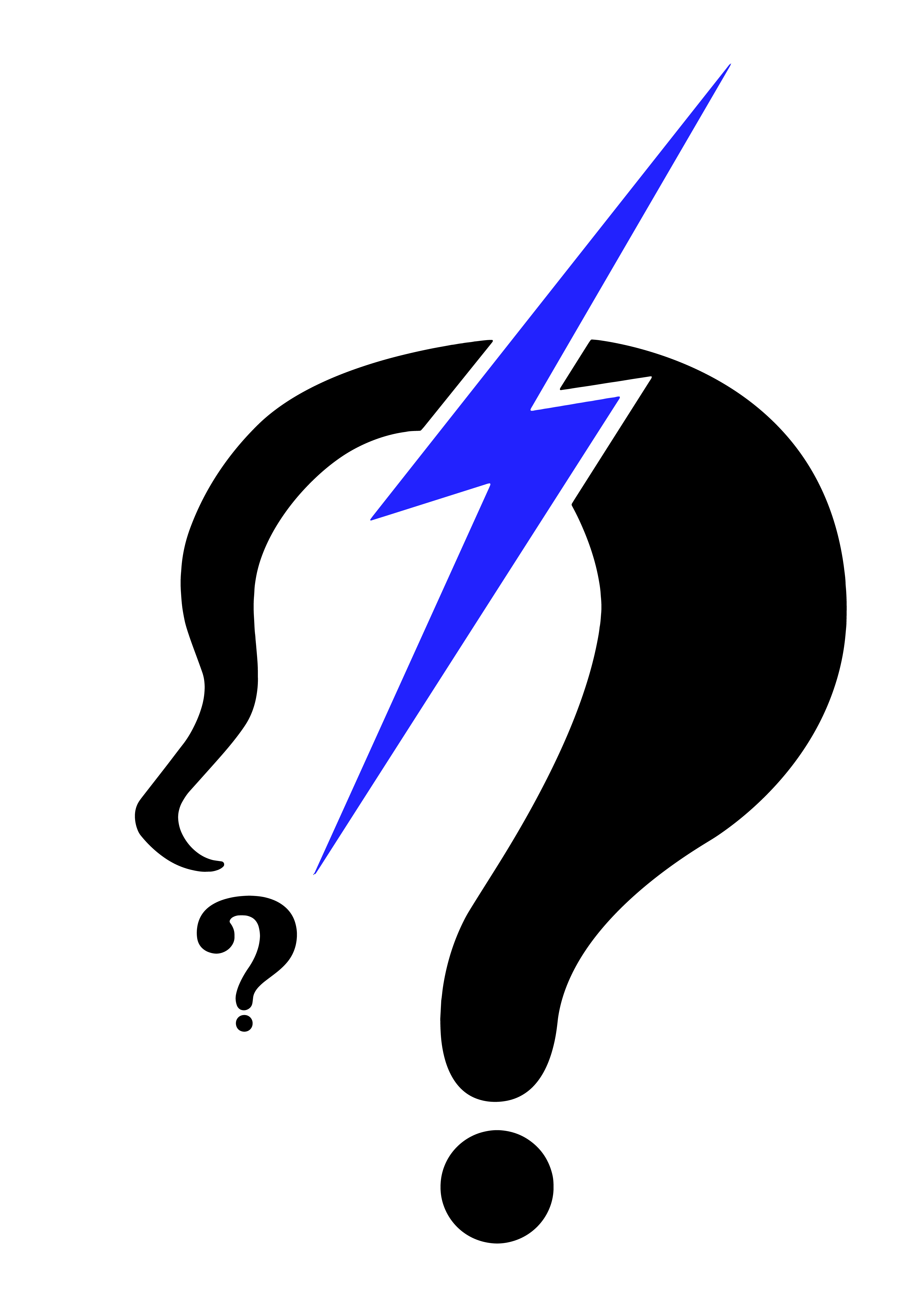NeuronUP
Web based suite of exercises designed for cognitive rehabilitation. Each activity has 2-5 levels of difficulty.
Language activities:
Auditory comprehension (true/fase) tasks, including some very high level activities
Written sequencing tasks where the user is required to put steps for an activity in order (3-16 steps, depending on the level)
Picture-adjective; picture-noun and picture-verb matching activities, including some very high level tasks
Functional, object-location matching tasks
Language based executive functioning activities:
Written decision-making tasks
Written reasoning of consquences tasks
There are also social cognition tasks including inferring facial expressions & inferring emotional reactions
Error handling: none
Prompts/cues: none
Record results: yes, and they can be accessed remotely
Free trial: yes, a 10 day trial is available
Comments: Latency is measured for most exercises. Although a large number of rehab areas are listed, some contain no activities (e.g. expression, naming, fluency, writing). Although reading activities are listed, it is simply matching digits to written numbers. Alot of the exercises rely on very good reading comprehension (e.g. decision making, time estimation, reasoning of consequences, task sequencing). On some activities, the user is unable to amend their response before submitting it (e.g. on task sequencing exercises).
Suppliers: https://www.neuronup.com/en
Exercises to work on listening, sequencing, emotions, attention

 The
The